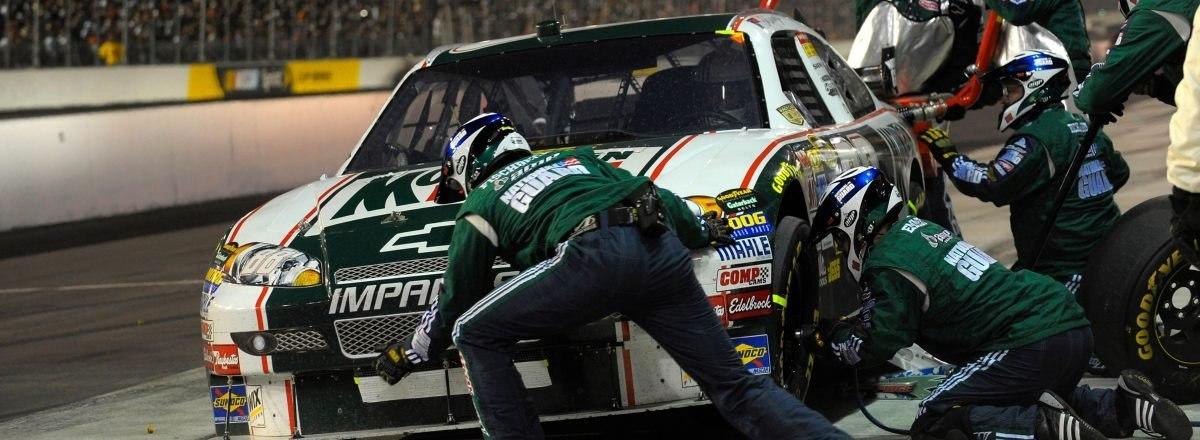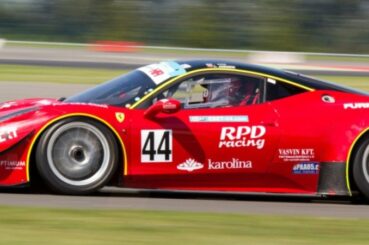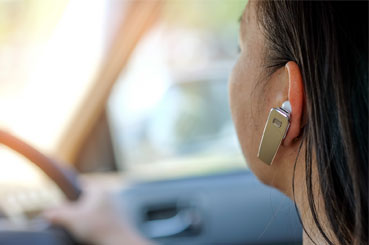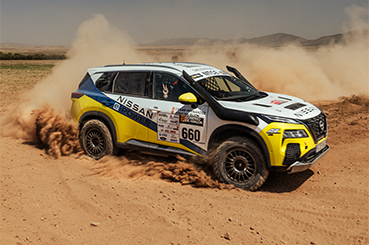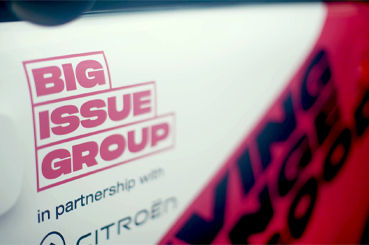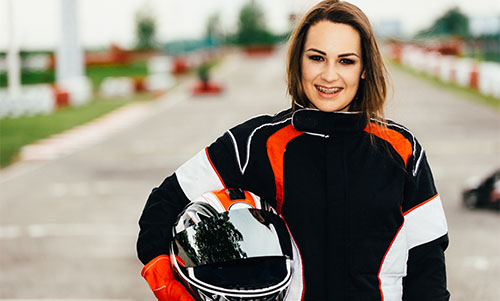
To celebrate international women’s day we thought we’d take a look at how women in motorsport have impacted the industry.
Motorsport is one of the few sporting activities in which men and women compete against each other as equals. While this is a massive plus in terms of male and female equality, the problem is that women are massively underrepresented in the sport.
Currently, only around eight per cent of registered racing licence holders are women, with reportedly fewer women racing single-seater cars at a higher level than there were ten years ago.
The British Women Racing Driver’s Club was set up in 1962 by Mary Wheeler MBE to help promote women’s involvement in motorsport. It has represented, promoted and supported the interests of women competitors and has played a pivotal part in the role women already play in motorsport. However, despite this when we look at what is often considered the epitome of racing, Formula 1 only two women have ever made it onto an F1 racetrack. The first Maria Teresa de Filippis, an Italian, back in 1958, the second, another Italian, Lella Lombardi in 1976. So what is going wrong? Why aren’t women making it to the top in motorsport?
Well, for one thing, motorsport is extremely expensive and this can be a huge barrier to many, including men and women. In order to prevent lack of funding being a barrier to women entering the sport, a brand new women-only series has been launched, to help discover the best female drivers. The championship is free to enter to encourage a larger participation group, and the final competitors will be selected purely on ability.
Some have criticised the movement suggesting that creating a women-only racing series further separates women from mainstream racing. However, the counter-argument is that it gives many women an unprecedented chance to gain the relevant experience and qualifications to become involved in some aspect of motorsport in the future.
Women in Motorsport – 6 of the greatest
It’s not all doom and gloom though as already mentioned there have been some hugely successful women in motorsport.
Pat Moss
Sister of legendary Stirling Moss, Pat Moss was a talented driver in her own rights, enjoying multiple rally-driving successes through the fifties and sixties. Not only did Moss win three international rallies during her career, but she was also European ladies rally champion on five occasions in a variety of cars from a Morris Minor to a MINI Cooper.
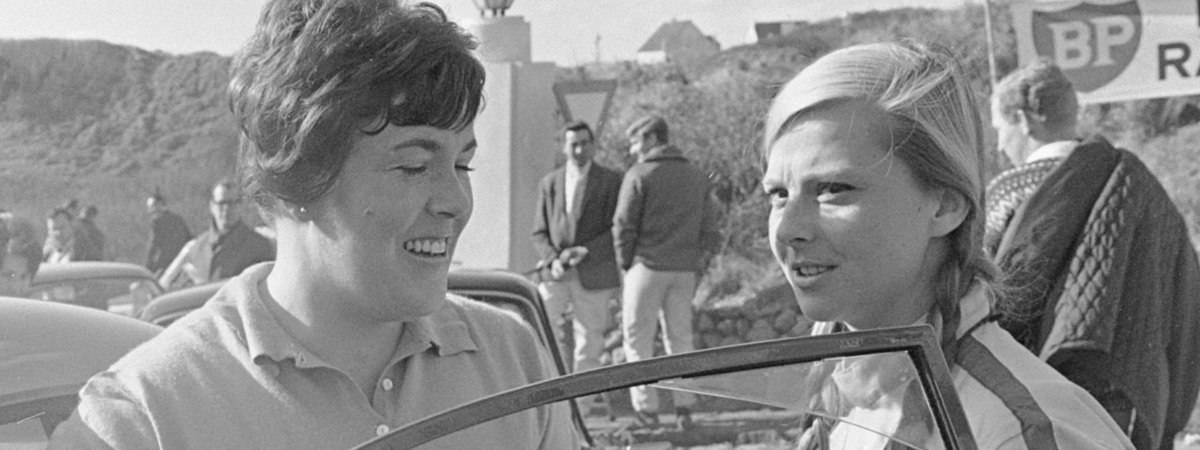
Maria Teresa de Filippis
As mentioned Maria Teresa de Filippis was the first woman to race in Formula 1. As the daughter of an automotive engineer, she was born into a family of keen motorists. De Filippis originally competed in a race as her brothers had challenged her to. She soon became hooked and went on to have a successful career, with her becoming the first woman to compete in Formula 1. We definitely think she had the last laugh over her brothers!
Even after retiring from racing she continued to be a voice in the racing industry becoming vice-president of the Societe des Anciens Pilotes, the official association of former F1 drivers.
Lella Lombardi
Following Maria’s participation in F1 in 1958, it was another eighteen years before another woman and a fellow Italian, Lella Lombardi, took part in an F1 race. Lombardi is still the most successful female racing driver in F1 history, being the only woman to be classified in World Championship points after finishing sixth in 1975 Spanish Grand Prix.
Following success in F1, she switched to sports cars and went on to race and have success in the European Touring Car Championships.
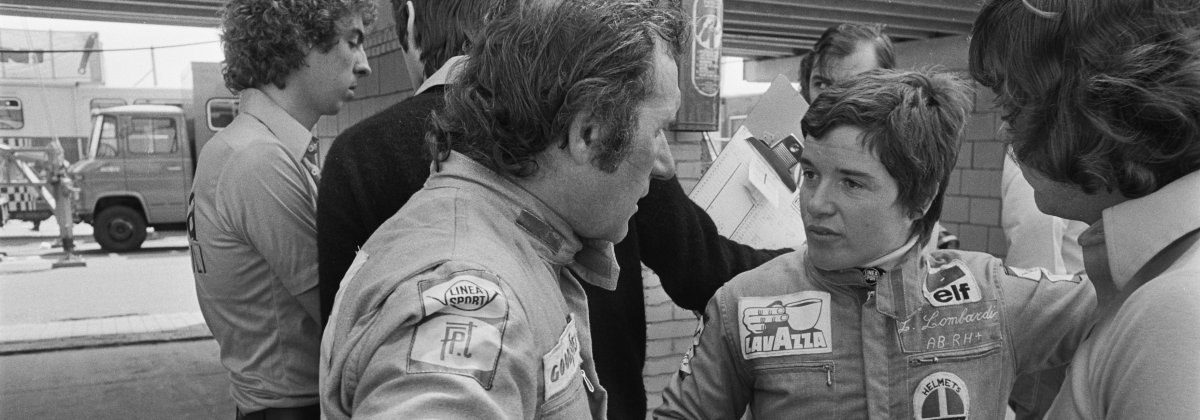
Michele Mouton
Michele Mouton is one of the most successful women rally drivers having competed in one of the most challenging Group B rally eras. Over her career, she achieved four victories in World Rally Championships, three of which were in 1982, when she also came second in the overall driver’s championship.
Mouton has also taken part in various 24 hours races, winning her class in Le Mans in 1975, as well as having success in the challenging 1985 Pikes Peak International Hill Climb in America.
Mouton became the first president of the FIA’s Women and Motor Sport Commission, which is dedicated to encouraging women into the sport.
Danica Patrick
An American legend, Danica Patrick is undoubtedly the most successful woman in the history of open-wheel racing. In 2008, Patrick won the Indy Japan 300 becoming the only woman to win an IndyCar series race.
Having started out like many go-karting, Patrick took the brave decision, with her parents’ consent, to drop out of High School and move to England. She stayed for three years competing in Formula Vauxhall and Formula Ford championships, gaining invaluable driving experience in the process.
2005 saw Patrick begin her IndyCar series racing career, and it is from her success here that Danica is most well-known and managed to best Janet Guthrie’s record for the most top-ten finishes by a woman in the Sprint Cup Series in 2015.
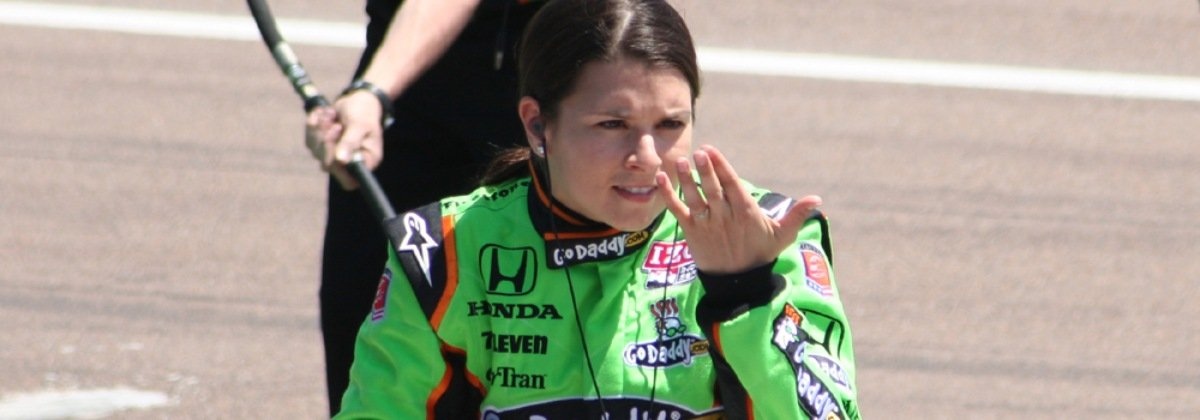
Jamie Chadwick
Jamie Chadwick is an up and coming star of motorsport with her eyes currently firmly set on Formula 1. Chadwick is well on her way to achieving her goal, with a string of titles already to her name.
She became the first female and youngest ever winner of the British GT Championship, back in 2015 driving an Aston Martin V8 Vantage. In 2018, she became the first female to win the BRDC British Formula 3 Championship at Brands Hatch. While more recently, she has become the first female to win the ‘MRF Challenge’ International Series following an impeccable final round performance in Chennai, India, in February.
Chadwick is also currently undergoing the selection process for the W Series mentioned above and has become one of the 28 women selected to go through to the next stages of selection.
Women in Motorsport – It’s not all about racing
There are countless women who have made their mark in motorsport, and it’s not always behind the driving seat.
While we tend to focus on the drivers, the industry as a whole relies on the teamwork of a wide range of skilled professionals from engineers and mechanics to PR staff and team managers. Unfortunately, the numbers of women in these aspects of the sport are similarly low, and we can only hope with time that more women gain a foothold in the industry.
